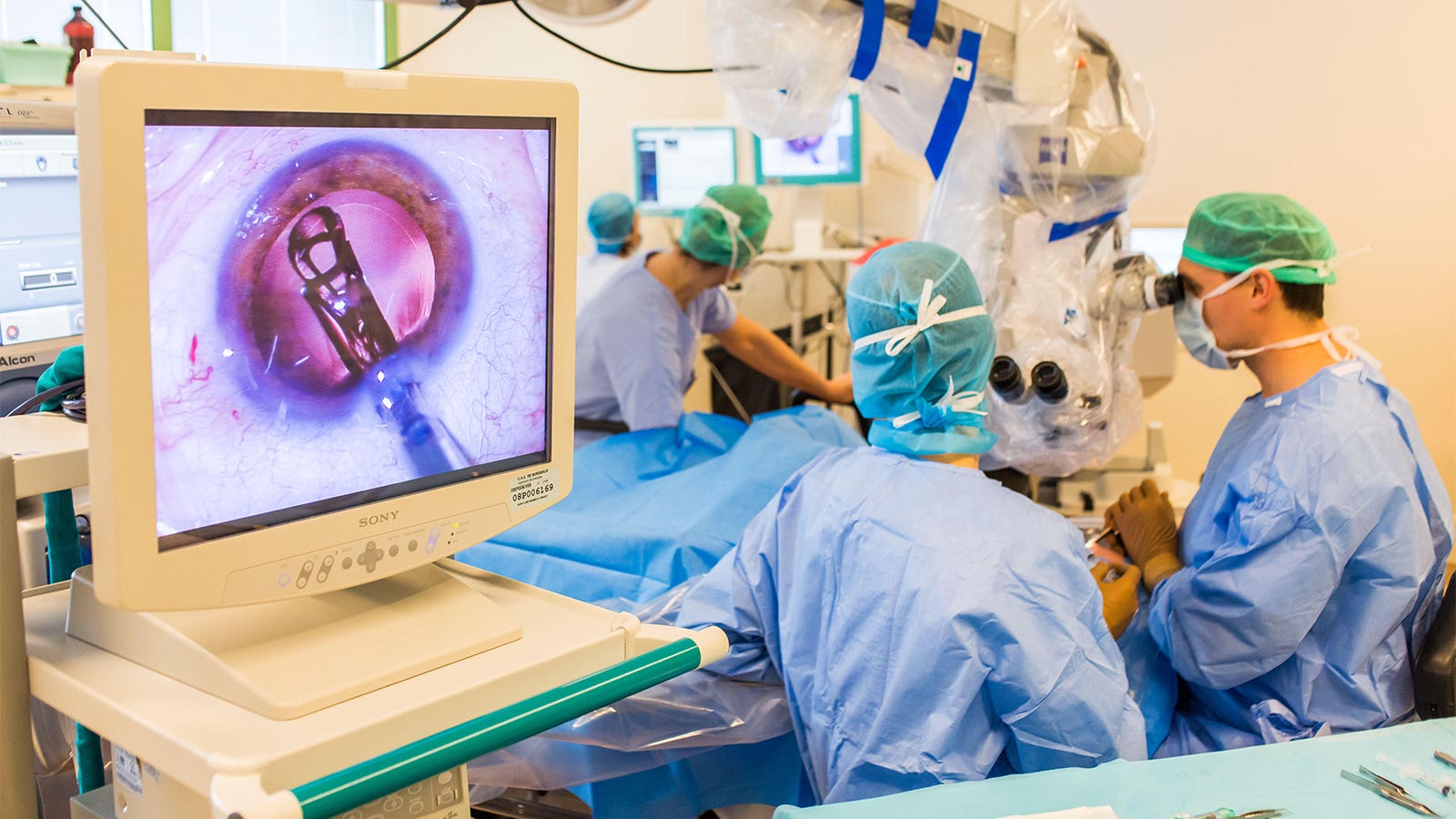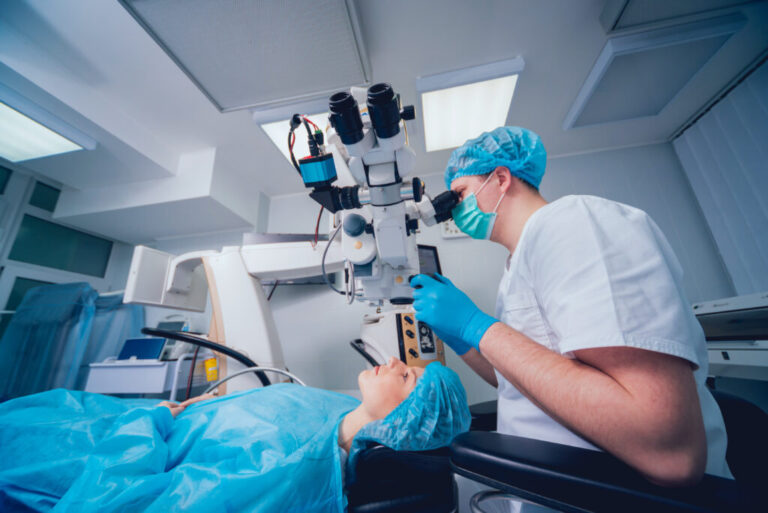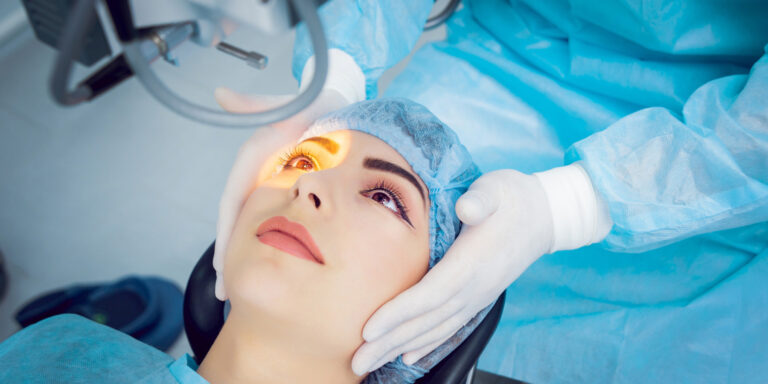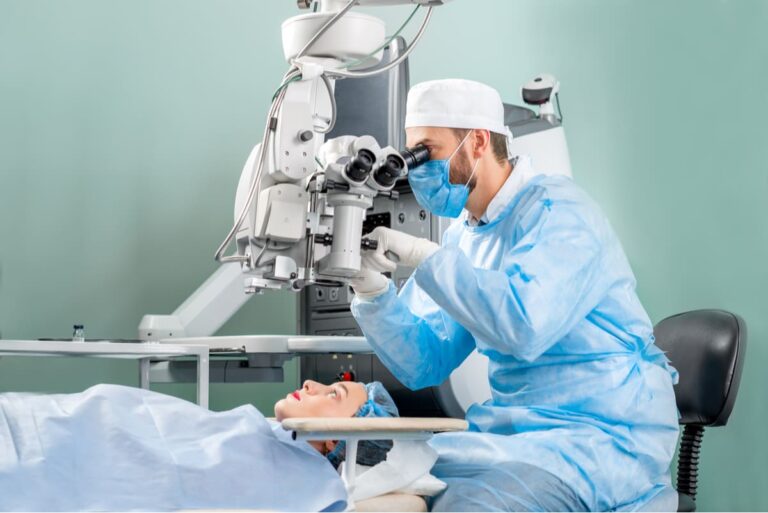The development of a cataract in the eye causes significant vision loss in a large number of people. Fortunately, cataract surgery is a safe and painless procedure that is performed on a regular basis. Your natural (clouded) lens will be replaced with an artificial lens, allowing you to enjoy restored vision without the danger of cataracts recurring in the future.
Following the successful completion of your cataract surgery, you will be well on your way to enjoying a better quality of life with the visual clarity you have yearned for so many years. While recovering from surgery, you will need to be careful about allowing yourself enough time to rest and heal while following the post-operative instructions prescribed by a specialist doctor in cataract surgery Sydney. Following cataract surgery, there are a few things to keep in mind while you recuperate from your procedure.
Approximately how long should you rest after cataract surgery?
Cataract surgery recovery is quite rapid when compared to other noteworthy eye procedures. Many patients report significantly improved eyesight within the first 24 hours of the treatment, despite the fact that everyone recovers in their own way. Consider taking one to three days off work to ensure you have enough time to recover, although it is common to be able to resume most routine activities within a couple of days after your surgery. Following your eye surgery, you should be able to resume simple activities such as reading, watching television, writing, and walking as soon as you feel up to it.
However, the healing process must be let to take its course, and vision may be somewhat distorted for the first several weeks before becoming entirely stable. In most cases, your eye should be structurally healed after surgery within one month, but it is preferable to wait until your doctor determines when the healing process is complete.
As you recuperate, there are a few things to keep in mind during the first two weeks after surgery that can help you recover more quickly:
- Do not drive until after the first day following your operation.
- Do not engage in heavy lifting or vigorous activities until after the first day after your surgery.
- Swimming or using a hot tub should be avoided in order to help prevent infections.
- Do all you can to avoid rubbing your eye(s) following surgery.
- Avoid wearing eye makeup, and think about avoiding using face cream or lotion.
- If possible, avoid working in environments with high levels of dust, wind, pollen, and dirt to prevent eye discomfort and fatigue.
- When the sun is shining, use sunglasses. This may need to be done for up to a year after cataract surgery has been performed.
The cornea may undergo modest swelling or inflammation in the days after surgery, which may result in cloudy, wavering, or distorted vision. This is common during the recovery period following surgery. You will be given antibiotic eye drops to use in order to help prevent infection and inflammation in the eyes. Even if you do not suffer any issues or believe that your eyes have completely healed, it is critical that you follow all of your doctor’s instructions, including maintaining your eye drop program for the whole course of your treatment. Click here for more information about the cataract surgery procedure.
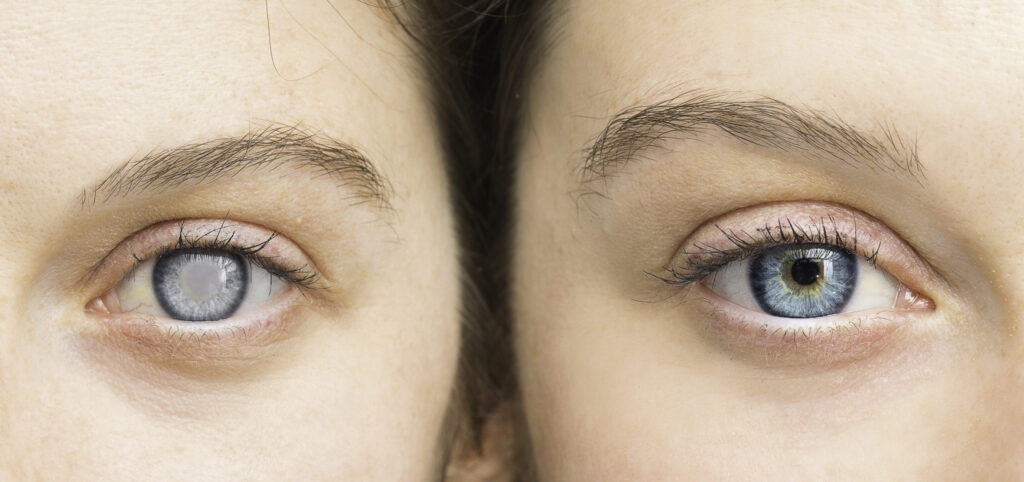
What Should I Expect While Sleeping After Cataract Surgery?
After your cataract surgery, you will be given a protective shield for your eye that should be worn at all times when sleeping (including naps) for at least the first week after the procedure. As a result, you will be less likely to rub your eyes and/or cause inadvertent harm to your eye during the recuperation period. This technique should not need any substantial adjustments to your sleep schedule, with the exception of the use of an eye cover.
If you are a side sleeper, it may be better (and more comfortable) for you to sleep on your non-operative side in order to prevent providing any extra pressure to the eye while it recovers throughout the healing process. It is important to discuss any eye pain or discomfort that is interfering with your sleep with your doctor so that they may assist you in determining suitable remedies or treatments.
What is the proper way to wash your face after cataract surgery?
Your operation should not come at the price of your personal cleanliness; nonetheless, you should avoid direct water contact with your eye for at least a week after the procedure. You may continue washing your face the day following your operation, but you must be cautious not to contact your eye while doing so.
It is suggested that you avoid splashing water directly on your face and instead delicately wipe your face with a washcloth. It is crucial to remember that although your surgical wounds should shut and heal within a few days, you must be vigilant to avoid getting water in your eye during the early recovery period. Always keep your eyes closed while cleaning your face and avoid irritating the healing eye if you have one.
When Should You Avoid Certain Foods After Cataract Surgery?
As your eye recovers following cataract surgery, try to concentrate on keeping a diet that is favorable to your general health, which includes fiber-rich whole foods, leafy green vegetables, and lean protein sources, among other things. These are the foods that you will want to avoid since they are often related to poor eye health, such as meals that are rich in sugars or foods that are high in refined carbs, among others (such as bread, pasta, chips, cereals, etc.).
As a result, these meals may cause an increase in blood glucose levels in the body, which can lead to damage to blood vessels in the eye, resulting in a longer recovery period after surgery. Simple steps to take in order to do this include avoiding processed meals and items that are often regarded to be “junk food.”
Conclusion
When your eye is recovering following cataract surgery, it is critical that you do all you can to ensure that the process goes as smoothly as possible. A lot to think about, but by following your post-operative instructions, avoiding excessive exercise, and guarding your eye against debris and physical touch, you will be well on your way to a healthy eye and much-enhanced vision!

